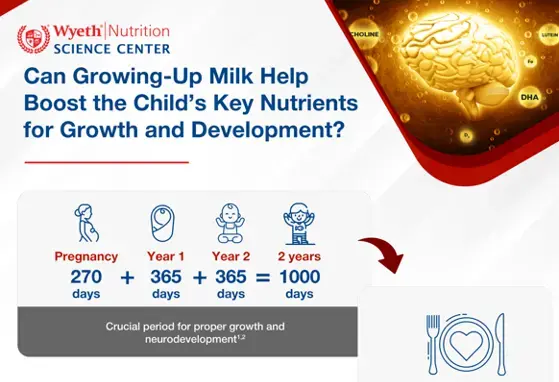[Guideline Summary] Summary of the German National Consensus Recommendations on Nutrition and Lifestyle in Pregnancy
![[Guideline Summary] Summary of the German National Consensus Recommendations on Nutrition and Lifestyle in Pregnancy](/sites/default/files/styles/header_image_article_mobile/public/2019-11/image15_0.jpg.webp?itok=s3crI-Xb)
Summary on key statements and practice recommendations in pregnancy:
Background:
The latest German national consensus recommendations on nutrition and lifestyle in pregnancy, developed based primarily on existing guidelines, meta-analyses and systematic summaries.
Summary on key statements and practice recommendations in pregnancy:
A. Energy and nutritent needs
- Energy needs increase only about 10% during the final months than before pregnancy, while the need for micronutrients increases more.
B. Weight gain
- Adequate gestational weight gain for normal-weight women: between 10 and 16 kg.
C. Nutrition
- A balanced and varied diet is important for maternal and offspring health.
- Use of supplements is recommended to ensure an adequate intake of folic acid and iodine.
- A well-balanced diet cannot not be replaced by taking supplements.
- An average intake of 200 mg of docosahexaenoic acid (DHA) daily should be reached during pregnancy in order to reach the recommended levels of long-chain omega-3 fatty acids.
D. Supplementation of nutrients
| Folic acid |
|
| Iodine |
|
| Iron |
|
E. Vegetarian or vegan nutrition during pregnancy
- Long-chain omega-3 fatty acid DHA should be supplemented if seafood consumption is avoided.
- Specific medical counseling and micronutrient supplementation are needed for pregnant women consuming vegan diets.
F. Lifestyle recommendations
- In order to avoid food-borne illness, pregnant women should not eat raw, animal-based foods; and raw fruit and vegetables should be washed well and eaten soon after preparation.
- Regular, daily exercise (exercise of moderate intensity) during pregnancy is desirable.
- Alcohol and smoking should be avoided during pregnancy.
- Pregnant women should only drink caffeinated beverages (but NOT caffeinated energy drinks) in moderate amounts (up to 3 cups of coffee daily).
- Medication should only be started or stopped after consulting a physician
Reference
Koletzko B, Bauer CP, Bung P, Cremer M, Flothkötter M, Hellmers C, Kersting M, Krawinkel M, Przyrembel H, Rasenack R, Schäfer T, Vetter K, Wahn U, Weissenborn A, Wöckel A. German National Consensus Recommendations on Nutrition and Lifestyle in Pregnancy by the 'Healthy Start - Young Family Network'. Ann Nutr Metab. 2014 Feb 7;63(4):311-322.
WYE-EM-069-MAR-14
If you liked this post you may also like

Infographic - Can Growing-Up Milk Help Boost the Child's Key Nutrients for Growth and development?

The Learning Lead - Volume 2, 2024: "Can Growing-Up Milk Help Boost The Child’s Key Nutrients for Growth and Development?"

Maternal Dietary Intake and Human Milk Composition
